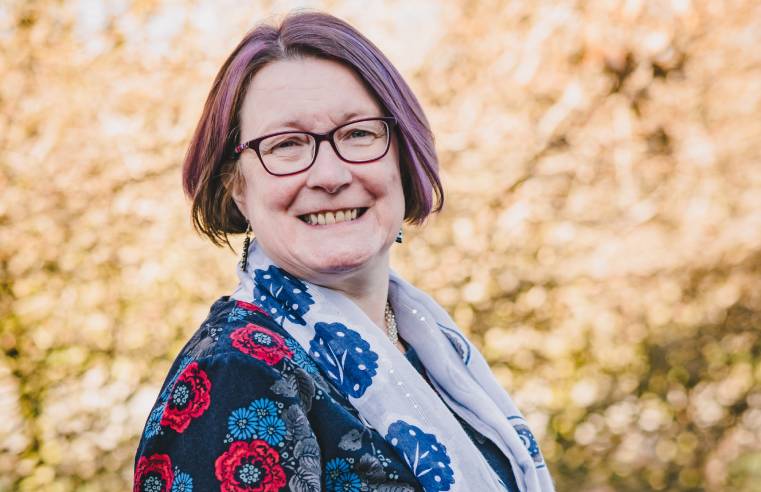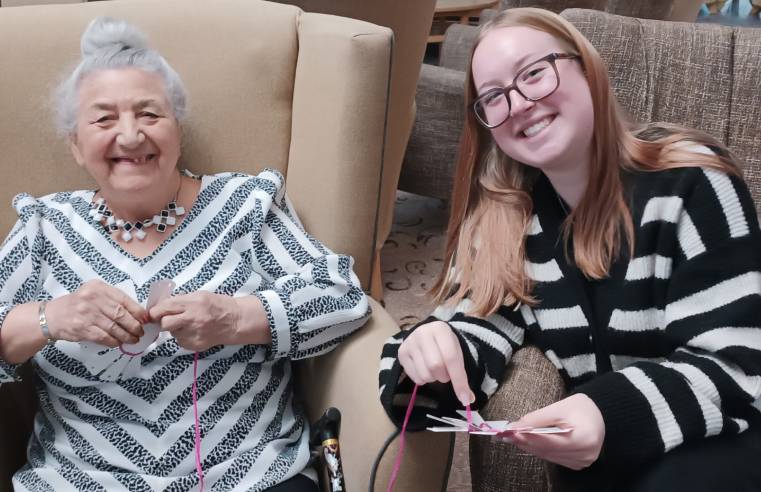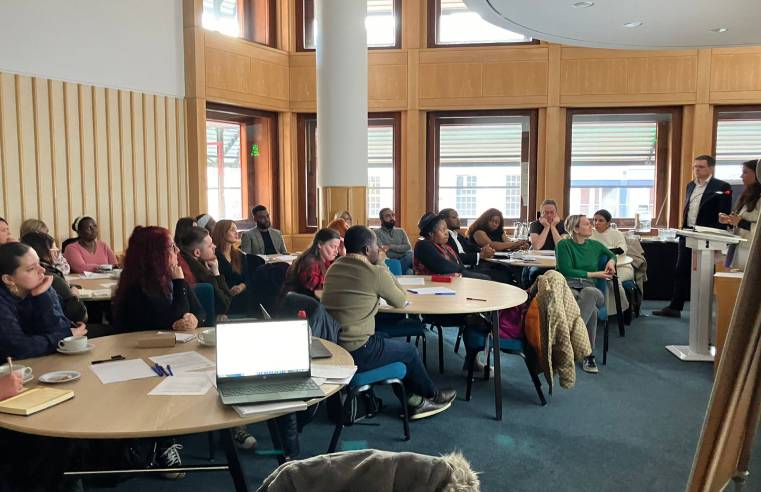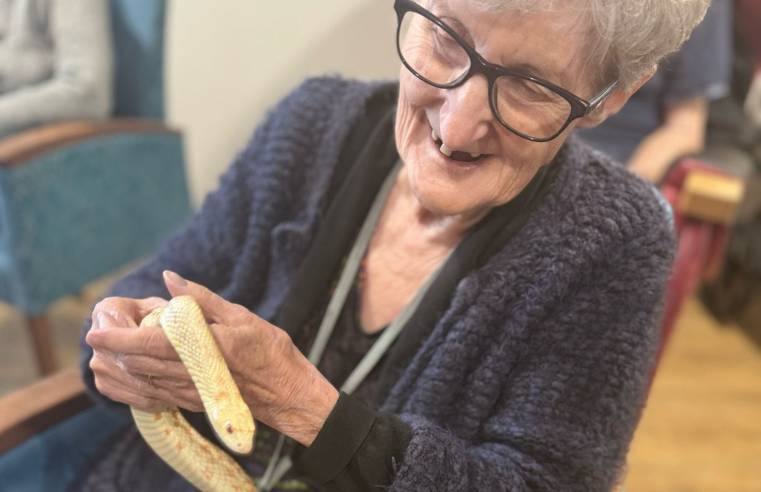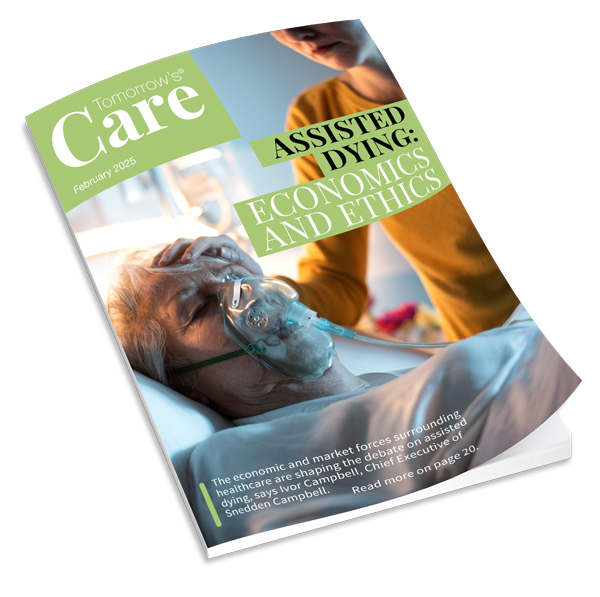Over two thirds (67%) of families caring for disabled adults with complex needs live in fear of what will happen to their loved one when they are no longer able to provide support, according to a new report by the national disability charity Sense.
‘When I’m Gone’, the report published on 2nd February 2018, reveals 3 in 4 (75%) families caring for a loved one with complex needs have no long-term plan in place for when they are no longer able to provide support. 9 out of 10 (95%) family carers say they have little to no trust in local authorities being able to provide adequate care to their loved one.
The report also highlights new Freedom of Information data that reveals only 1 in 4 councils are able to support disabled people and their carers to make contingency plans for future care options; and only 1 in 3 local authorities are aware of how many disabled adults are currently being cared for by family and friends at home, in their area.
In the national poll of family carers, only 6% reported finding the process of planning for the future straightforward, with many saying they worried that a lack of quality care and a shortage of specialist services will mean their loved one’s needs will not be met in the future. 1 in 2 families said that they worry that funding cuts will impact the availability of local services for their loved one.
As part of a series of recommendations set out in the report, the charity calls for a duty on councils to ensure long term care plans are in place for disabled adults. This call is supported by 8 out of 10 of the carers surveyed. Sense is also calling upon the government to ensure social care is adequately funded to meet the growing needs of families and disabled adults
Sense Deputy CEO, Richard Kramer, said: “After a lifetime of caring, no parent or disabled adult should be left neglected and living in fear about the future.
“We need to tackle the pressures facing families with better planning for future care needs and greater investment in social care to combat this looming care crisis.”
Mark Ward (50), from Peterborough, contributed to the research. He cares for his 24-year-old daughter, Kerrianne, who has epilepsy and learning disabilities. They live at home, where she receives full-time support in all areas of her life, including with personal care and daily activities.
Mark Ward said: “I’ve spent years trying to find a solution and I feel like I’m blocked at every turn by social services.
“It’s very stressful. I find myself hoping that she passes away before me. No parent should feel like this.”
Alongside today’s report, Sense have also published a toolkit: ‘Decisions to make: Steps to take’ aimed at helping disabled people and their families make decisions about future care and support.
The report and the toolkit can be downloaded here: www.sense.org.uk/helpfamiliesplan







